Bounty hunters seek shelter from a raging blizzard and get caught up in a plot of betrayal and deception.
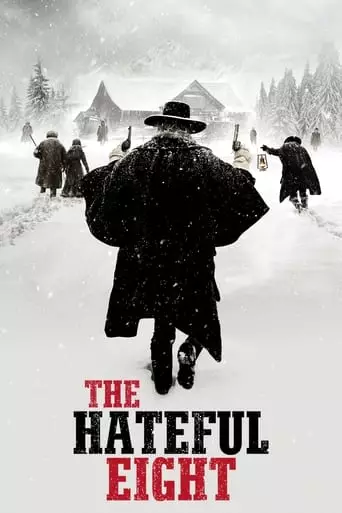
Bounty hunters seek shelter from a raging blizzard and get caught up in a plot of betrayal and deception.
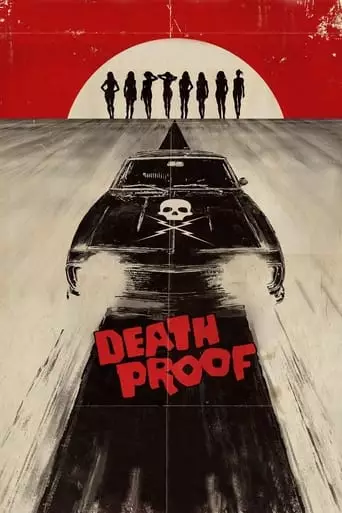
Austin’s hottest DJ, Jungle Julia, sets out into the night to unwind with her two friends Shanna and Arlene. Covertly tracking their moves is Stuntman Mike, a scarred rebel leering […]
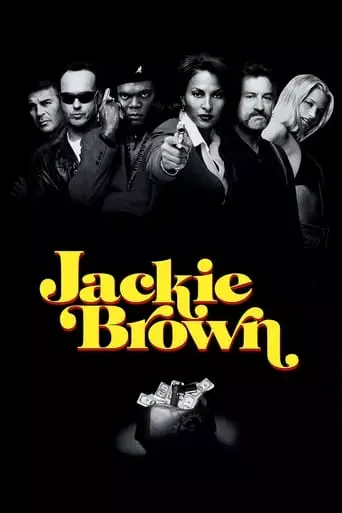
Jackie Brown is a flight attendant who gets caught in the middle of smuggling cash into the country for her gunrunner boss. When the cops try to use Jackie to […]
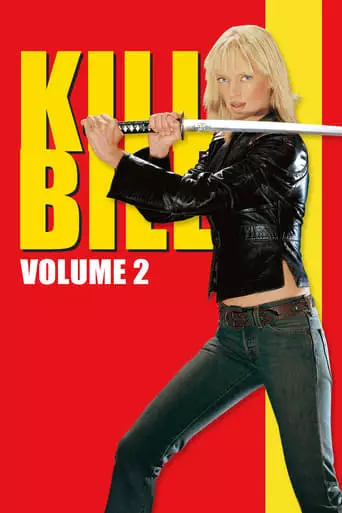
The Bride unwaveringly continues on her roaring rampage of revenge against the band of assassins who had tried to kill her and her unborn child. She visits each of her […]

In Nazi-occupied France during World War II, a group of Jewish-American soldiers known as “The Basterds” are chosen specifically to spread fear throughout the Third Reich by scalping and brutally […]
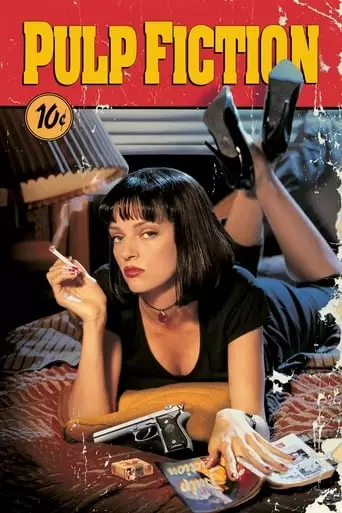
A burger-loving hit man, his philosophical partner, a drug-addled gangster’s moll and a washed-up boxer converge in this sprawling, comedic crime caper. Their adventures unfurl in three stories that ingeniously […]
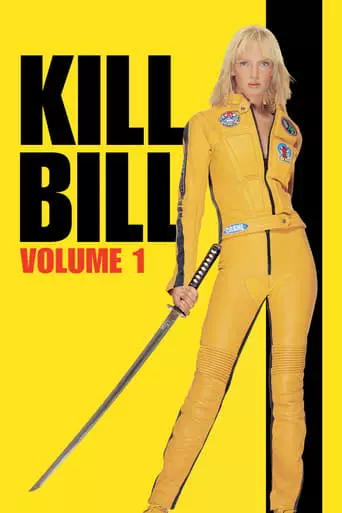
An assassin is shot by her ruthless employer, Bill, and other members of their assassination circle – but she lives to plot her vengeance.
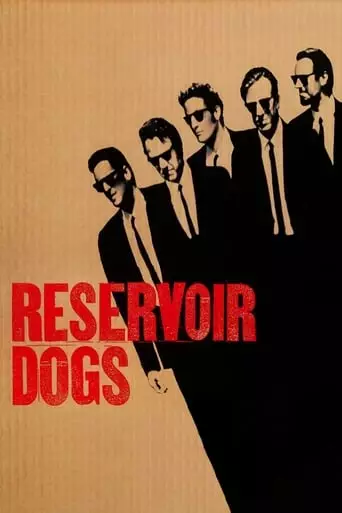
A botched robbery indicates a police informant, and the pressure mounts in the aftermath at a warehouse. Crime begets violence as the survivors — veteran Mr. White, newcomer Mr. Orange, […]
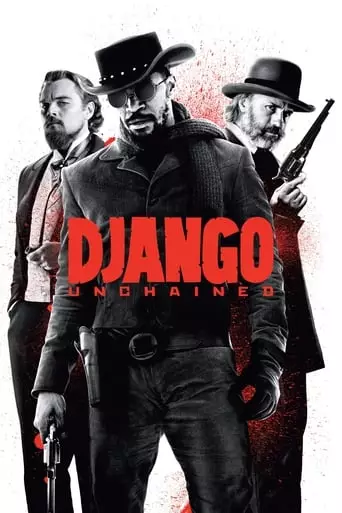
With the help of a German bounty hunter, a freed slave sets out to rescue his wife from a brutal Mississippi plantation owner.
Quentin Tarantino: The Auteur Who Redefined Modern Cinema
Quentin Tarantino is one of the most influential and celebrated directors of contemporary cinema. Known for his sharp dialogue, non-linear storytelling, and homage to genre filmmaking, Tarantino has redefined modern filmmaking with his unmistakable style. His work fuses violence, humor, and pop culture references, creating films that are both viscerally entertaining and intellectually engaging.
Early Life and Beginnings
Quentin Jerome Tarantino was born on March 27, 1963, in Knoxville, Tennessee. Raised in Los Angeles, Tarantino developed a love for film at an early age, working in a video rental store where he educated himself on classic and obscure cinema. This self-taught knowledge became the foundation of his unique filmmaking style, which blends influences from grindhouse cinema, spaghetti Westerns, samurai films, and more.
Tarantino’s early forays into filmmaking included writing screenplays for films like True Romance (1993) and Natural Born Killers (1994), showcasing his knack for creating compelling characters and razor-sharp dialogue.
Breakthrough with Reservoir Dogs (1992)
Tarantino made his directorial debut with Reservoir Dogs, a crime thriller that introduced his distinctive voice to the world.
Plot: The film revolves around the aftermath of a botched diamond heist, focusing on the relationships and mistrust among the criminals.
Impact: Shot on a modest budget, Reservoir Dogs gained critical acclaim for its non-linear narrative, witty dialogue, and raw violence.
Legacy: It established Tarantino as a promising new talent and became a cult classic.
Cinematic Landmark: Pulp Fiction (1994)
Tarantino’s second film, Pulp Fiction, cemented his status as a groundbreaking filmmaker.
Plot: The film intertwines multiple narratives involving hitmen, a boxer, and other colorful characters in the criminal underworld of Los Angeles.
Style: With its non-linear structure, eclectic soundtrack, and iconic performances (notably John Travolta, Uma Thurman, and Samuel L. Jackson), Pulp Fiction became a cultural phenomenon.
Awards: The film won the Palme d’Or at the Cannes Film Festival and earned Tarantino an Academy Award for Best Original Screenplay.
Legacy: Widely regarded as one of the greatest films of all time, it redefined independent cinema and influenced countless filmmakers.
Signature Films
Tarantino’s filmography showcases his mastery of various genres, often blending them in innovative ways:
Jackie Brown (1997):
An adaptation of Elmore Leonard’s novel Rum Punch, the film is a homage to blaxploitation cinema, featuring a career-reviving performance by Pam Grier.
Themes: Loyalty, aging, and survival.
Kill Bill Vol. 1 & 2 (2003–2004):
A revenge saga starring Uma Thurman as “The Bride,” blending martial arts, spaghetti Westerns, and samurai films.
Innovations: Known for its stylized violence, diverse influences, and iconic fight scenes (notably the “Crazy 88” sequence).
Inglourious Basterds (2009):
A World War II epic rewriting history, where a group of Jewish-American soldiers plots to assassinate Hitler.
Reception: Lauded for Christoph Waltz’s Oscar-winning performance and its audacious storytelling.
Django Unchained (2012):
A spaghetti Western-inspired tale of revenge set against the backdrop of slavery in America.
Achievements: Tarantino won his second Oscar for Best Original Screenplay, with Christoph Waltz and Leonardo DiCaprio earning widespread acclaim.
The Hateful Eight (2015):
A slow-burn Western mystery that explores themes of trust and betrayal in a post-Civil War setting.
Once Upon a Time in Hollywood (2019):
A nostalgic ode to 1960s Hollywood, featuring Leonardo DiCaprio and Brad Pitt as a fading actor and his stunt double.
Accolades: The film earned 10 Oscar nominations, with Pitt winning Best Supporting Actor.
Signature Style and Themes
Tarantino’s films are characterized by their distinct voice and craftsmanship:
Dialogue-Driven Storytelling: Witty, verbose conversations are a hallmark, often revealing character depth and advancing the plot.
Non-Linear Narratives: Tarantino frequently experiments with structure, jumping between timelines to create suspense and intrigue.
Homage to Cinema: His films are love letters to genre films, from grindhouse cinema to classic Westerns.
Stylized Violence: Often graphic but choreographed with artistic precision, his use of violence is both shocking and visually compelling.
Strong Characters: Tarantino writes memorable, complex characters, often challenging traditional archetypes.
Impact on Cinema
Tarantino’s influence extends beyond his films. He has reinvigorated genres, revived the careers of actors (e.g., John Travolta, Pam Grier), and inspired a generation of filmmakers. His deep knowledge of film history and fearless creativity have set him apart as an auteur unafraid to take risks.
Personal Philosophy and Future Plans
Tarantino has often stated that he plans to retire after directing 10 films, citing a desire to leave on a high note. His ninth film, Once Upon a Time in Hollywood, hints at his reflective perspective on the industry and storytelling.
In addition to directing, Tarantino has explored novel writing and plans to continue contributing to the arts in other forms after his retirement from filmmaking.
Legacy
Quentin Tarantino’s impact on cinema is immeasurable. A master of blending high art with pop culture, he has created a body of work that is as intellectually stimulating as it is entertaining. His ability to reinterpret genres while crafting uniquely personal stories has earned him a permanent place among the great directors of all time.
With a career defined by audacity and innovation, Tarantino remains a cinematic icon, leaving audiences eager to see what his final bow as a filmmaker will bring.